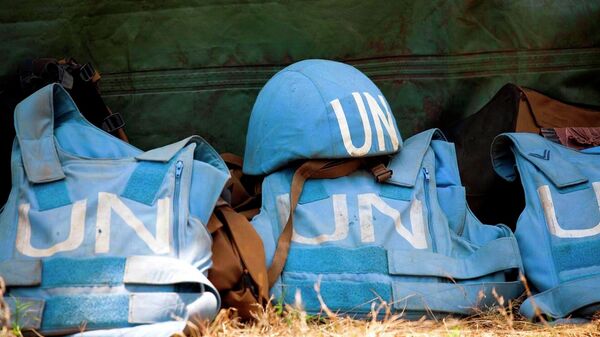Haiti has been a troubled region for a long time, with unrest, revolts, foreign occupation and dozens of coups since its colonization by the Old World. But the real tragedy struck the small nation five years ago. A catastrophic earthquake struck the island January 12, 2010; an estimated three million people were affected by the cataclysm, which destroyed housing, administrative buildings, infrastructure, and killed locals, peacekeepers and high-ranking officials. Death toll estimates up to 160,000, which was exacerbated by poor housing conditions, which stem, again, from the turmoil in the country. United Nations directed its resources and asked for international help, which contributed greatly to the relief effort. UN news and information portal, ReliefWeb reported a total relief funding exceeding $3.5 billion.
The thing is, just throwing money at a problem is not enough. Although the relief efforts, which are still underway, provide those affected with the basics, the complex nature of the United Nations and its bodies can sometimes bring more harm than relief. On the backdrop of the existing controversial peacekeeping mission, the UN found itself dealing with the cholera outbreak. Paul Farmer, anthropologist, physician and humanitarian, later said in an interview to NPR:
If any country was a mine-shaft canary for the reintroduction of cholera, it was Haiti — and we knew it. And in retrospect, more should have been done to prepare for cholera… which can spread like wildfire in Haiti…. This was a big rebuke to all of us working in public health and health care in Haiti.
It was the worst epidemic of cholera in recent history, which killed over 8200 Haitians in 2013 and hospitalized hundreds of thousands. The first outbreak in Haiti ever recorded has not yet been contained. After a lull in 2014, the rainy season of 2015 led to over 700,000 people contracting the disease; the death toll climbed to 9,000 by August of this year.
Now, we hear all the time about waterborne diseases in developing nations. In this case, however, it was brought by the organization who was supposed to provide clean water. After the first recorded outbreak in October of 2010, the source was eventually traced to a UN base on the Artibonite River. The largest river in Haiti is used by residents for drinking, cooking, and bathing – and many reports claimed eyewitness accounts of the UN base dumping sewage in it. It was later determined with a high degree of certainty that the cholera strain came from Nepalese troops. Colum Lynch, Foreign Policy's senior diplomatic reporter wrote:
The latest findings will increase pressure on the United Nations to acknowledge responsibility for introducing cholera into the country. U.N. Secretary General Ban Ki-moon and his top advisers had invoked the panel’s ambivalent 2010 findings in arguing that the United Nations bore no legal responsibility for the epidemic, although they said the organization was committed to lead international efforts to respond to the health crisis and improve the Haiti’s sanitation infrastructure.
Haitian coalition of lawyers, and the Institute for Justice & Democracy in Haiti, filed claims on behalf of 5,000 Haitian petitioners in November 2011. In February 2013, the UN stated that the case was “not receivable,” because it involved “review of policy matters”, and the UN was immune to such probes under international law. In October of 2013, a lawsuit challenging this immunity was filed in U.S. federal court. This January the lawsuit was dismissed; an appeal was filed in May with no results so far.

